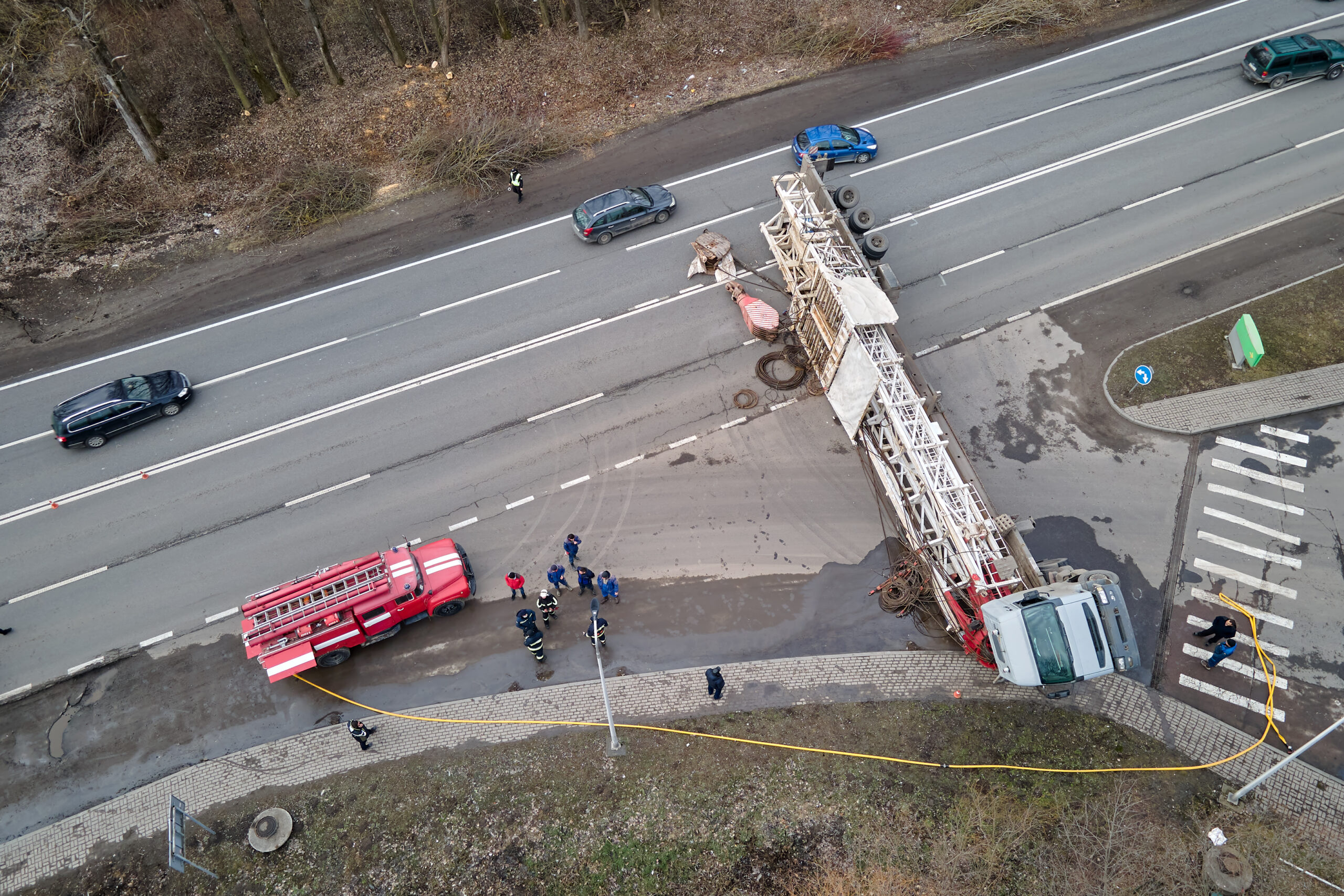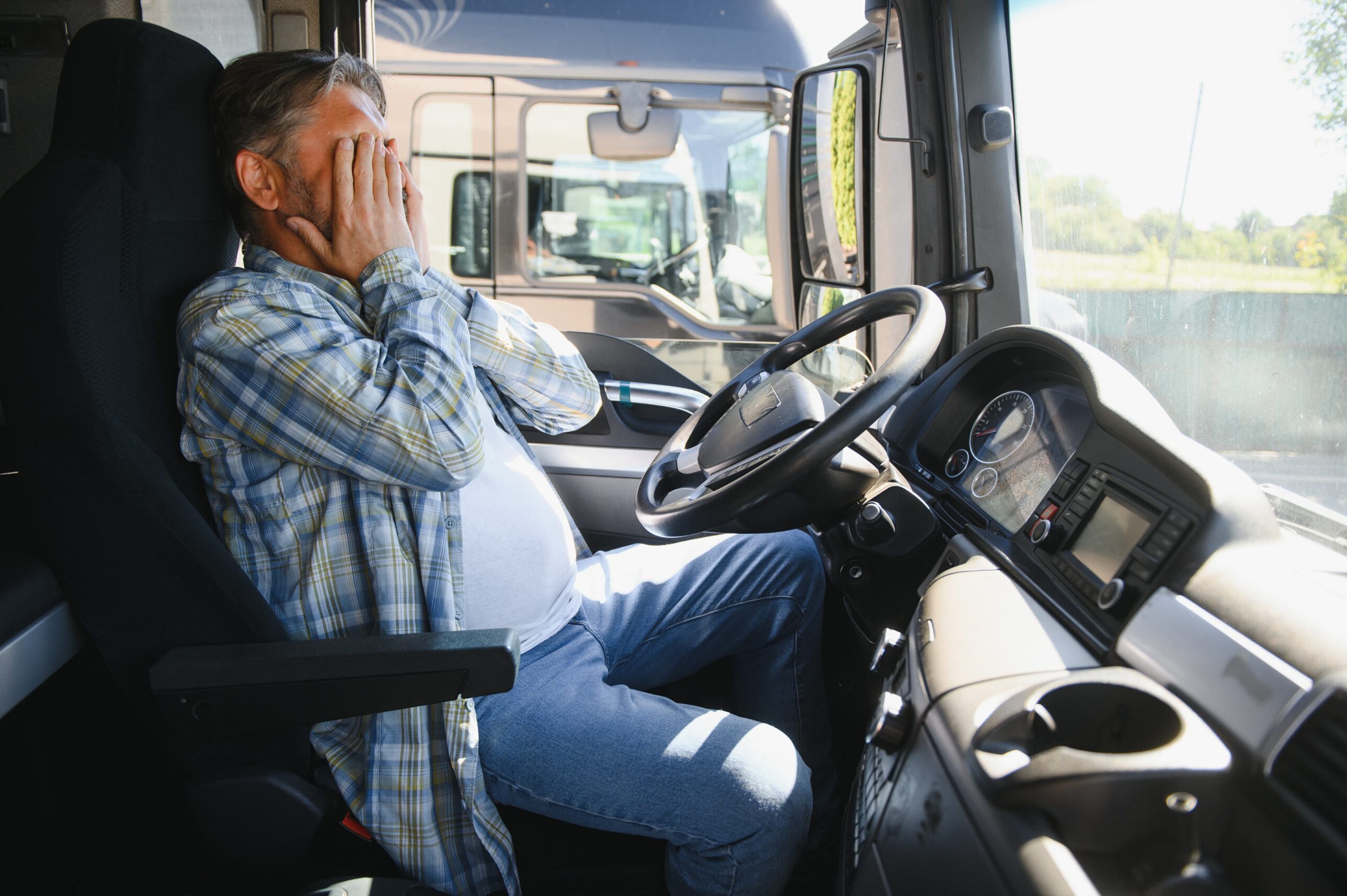Every 15 minutes, someone in the U.S. is injured or killed in a crash involving a large commercial truck. These aren’t small accidents, they often result in life-altering injuries, long recoveries, and steep financial losses. And yet, most victims don’t realize how much is at stake until the bills start piling up, insurance companies start calling, and their lives are already turned upside down.
If you’ve found yourself in this position, you’re not alone. This guide walks you through how to protect your rights, what compensation you may be entitled to, and how to build the strongest possible case after a trucking accident.
Why Truck Accidents Are More Complicated Than Car Wrecks
When a passenger vehicle is involved in a crash with a semi-truck or 18-wheeler, the consequences are often catastrophic, and the legal process is far more complex. Trucking companies are backed by teams of corporate lawyers and insurers whose goal is to limit their liability and pay as little as possible.
Unlike standard car accidents, trucking cases often involve multiple parties: the driver, the trucking company, maintenance contractors, and even the manufacturer of faulty parts. Federal and state regulations also play a role, from driving hours and rest breaks to cargo weight and maintenance schedules. Having a team that understands this system can make all the difference.

What Full Compensation Really Looks Like
After a serious trucking accident, you may be entitled to compensation for:
- Your medical expenses, both current and future. This includes emergency care, surgeries, rehabilitation, and any ongoing treatment you may need. If your injuries require long-term care, those costs should be factored in.
- Lost wages and reduced earning potential. If your injuries have kept you from working, or will prevent you from returning to your previous career, your settlement should reflect that loss.
- The physical and emotional pain you’ve endured. Chronic pain, PTSD, depression, and the loss of enjoyment in everyday life can all be considered in your claim.
- In some cases, punitive damages may apply, especially if the trucking company acted recklessly or ignored safety protocols. And if the accident resulted in a wrongful death, your family may be eligible for compensation covering funeral costs and loss of companionship.
How to Prove What You’re Owed
Even when the cause of the crash seems obvious, proving it in a legal setting requires detailed documentation. Insurance companies aren’t going to take your word for it, they need hard evidence.
Strong cases often include medical records, police reports, and witness statements. In trucking cases, it’s also critical to access things like maintenance logs, driver logs, and data from the truck’s black box. These tools can help show how and why the crash occurred, and who failed to follow the rules.
Photos and video evidence, from traffic cams, dashboard footage, or even bystanders, can also play a powerful role in shaping your claim.
Watch Out for Insurance Tactics
After a trucking accident, it’s not unusual for a representative from the trucking company’s insurance provider to contact you, sometimes within just days of the crash. They may sound sympathetic and offer what seems like a generous settlement, especially if you’re dealing with hospital bills, lost wages, or vehicle damage. But here’s the catch: these early offers are often designed to protect their bottom line, not your future.
Insurance companies are trained to limit payouts. That means they’re not evaluating your case based on what it will actually take for you to fully recover, they’re calculating what you might accept before you realize the true value of your claim. And once you accept a settlement, you typically waive your right to pursue further compensation, even if additional medical issues or financial losses arise later.
In some situations, they may also try to:
* Shift partial or full blame onto you, even subtly, which can reduce or eliminate their responsibility.
* Suggest your injuries were pre-existing or unrelated to the crash.
* Request a recorded statement “just to understand your side,” which they can later use against you.
It’s important to remember: the insurance company is not your advocate. They represent the trucking company’s interests. Your goal should be different: securing the full compensation you need to move forward, both physically and financially. Having someone in your corner who knows how to handle these tactics can make all the difference in how your case turns out.

How Long Do You Have to File a Claim?
In Virginia, the clock starts ticking the moment your accident happens. You generally have two years from the date of the crash to file a personal injury claim. That might sound like plenty of time, but in the world of truck accident cases, waiting too long can quietly work against you.
As time passes, critical evidence can disappear. Witnesses may move away, forget important details, or become unreachable. Surveillance footage from nearby businesses may be automatically deleted after just a few days or weeks. Even the truck involved could be repaired, scrapped, or sold, making it nearly impossible to gather mechanical evidence that could point to maintenance failures or safety violations.
The legal deadline is important, but what’s even more crucial is preserving the story of what happened while it’s still fresh. The earlier you act, the more time your legal team has to investigate, bring in experts, and craft a case that truly reflects the scope of your injuries and losses. Whether you’re still weighing your options or feel ready to move forward, taking that first step sooner can make a meaningful difference in the outcome of your case.
Why Having the Right Legal Team Matters
You don’t need to fight a trucking company alone. A legal team with experience in commercial vehicle accidents understands how to uncover what happened and maximize your compensation.
They can identify all responsible parties, calculate the full scope of your damages, and negotiate with insurance companies from a position of strength. They also handle the logistics, deadlines, and communications, so you can focus on healing instead of paperwork.
You’ll have a conversation about what happened, get answers to your questions, and find out if your case has merit. There’s no pressure to commit. No confusing legal jargon. Just honest guidance to help you decide what’s best for you and your family.

Final Thoughts: You Deserve Full Recovery, Not Just a Check
A trucking accident can shake up every part of your life. Physical healing is just one piece of the puzzle, you also deserve peace of mind, financial security, and accountability for what happened.
You only get one chance to do this right. Make sure you’re protected every step of the way.
Schedule Your Free Consultation Today
If you or a loved one has been seriously injured in a trucking accident, don’t wait to find out what your case is really worth. Call Williams DeLoatche, P.C. at 757-547-5555 today for a free consultation. We’ll help you understand your options and take the next step toward recovery — with experience, compassion, and results that matter.

